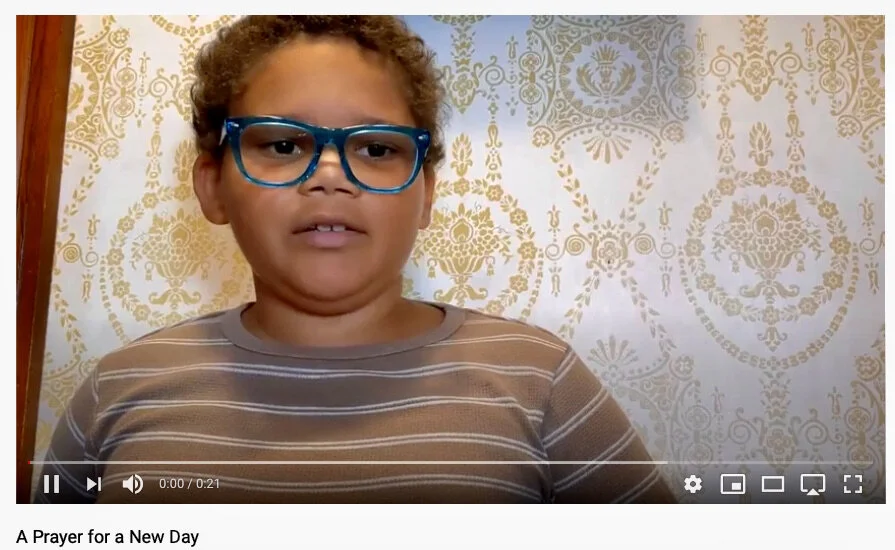““At once the Spirit drove him into the wilderness.”
I wonder: does this Holy Spirit drive us out into the wilderness? That might seem like a difficult question to consider, and anytime I come across a verse that is difficult in the English I take a peek at the Greek just to check if it can clarify or contextualize anything for me. The Greek, this morning, actually makes it worse. The word in Greek is ekballo– literally to throw something out; eject; cast out. It is the word that is used when Jesus exorcises demons. He throws them out. Well, before he can do any throwing out, he must first be thrown out.
Does the Spirit throw us out into the wilderness? It is a difficult question, not least because of how much our society can romanticize the wilderness. We give the wilderness names. We create bookshops on its edges. And we offer guided tours along paths. We load up with insect repellant, sunblock, water, and we go for hikes to get in touch with nature. And yet in every wilderness encounter, the most essential thing is to not forget your car keys. The wilderness is exciting as long as you can leave. And we mostly can. It’s hard to imagine the Holy Spirit driving us out into the wilderness; in fact, it’s just the reverse. We often drive ourselves out there.”























